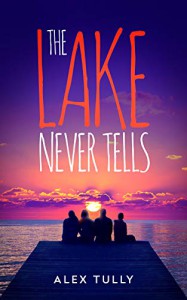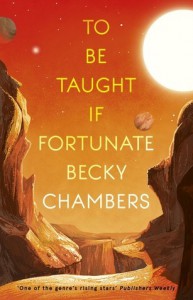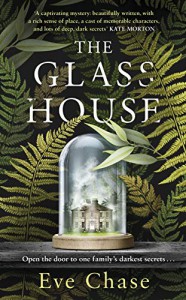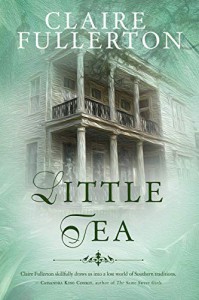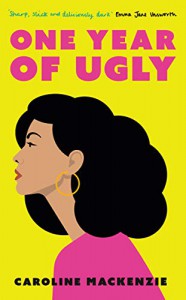Beautiful, eerie, and enthralling
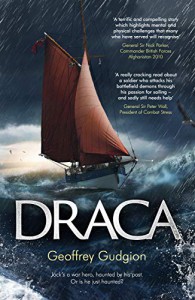
I write this review as a member of Rosie’s Book Review Team, and I freely chose to review an ARC copy of this novel. I didn’t know Geoffrey Gudgion before I read this novel, but the description and the cover called me (a bit worrying when I think about it after finishing the book), and my reward was a fantastic read that combines many elements likely to interest a large variety of readers. Draca, the vessel of the title, is a haunting presence throughout the book. Old Eddie, its owner, was fascinated by old Norse mythology and his Viking heritage, and there are fragments from the Saga of King Guthrum (c a AD 875) heading each new chapter and telling a fascinating story of the Vikings’ incursions into Britain and their battles with the Saxons. This mythological background and the story of King Guthrum and his son Jarl Harald moves apace with the adventures of Draca and Jack, Eddie’s grandson and new owner of the sailing cutter. There are adventures that will delight those who love sailing (but also those who don’t. I haven’t done any proper sailing but have a soft spot for books and movies set at sea, and I’m sure I’m not the only one. Let me clarify that although there is ample evidence of knowledge and research on the topic of sailing, no expertise is required to enjoy the novel). The characters and especially the relationship between the male members of the Ahlquist family, make for fascinating reading, as we have parents and sons of different generations with complex love-hate relationships, and they relive their conflicts on and off the ship. Other themes are also explored and add to the overall interest of the novel: Jack, the main protagonist of the story, was a decorated Royal Marine who was severely wounded during the war, and now suffers from PTSD and is finding it difficult to adjust to civilian life. His flashbacks and his account of his experiences are realistic and compelling (not surprising when we take into account the author’s background), and it makes him a particularly sympathetic character. We also have romance (although the two characters seemed made for each other from the beginning, and I’m sure most readers will enjoy it, considering the background of both characters it seemed a bit too perfect for me, especially if readers are expecting a standard horror story); a woman with a gift for healing and for sensing things about people; and a paranormal element that I felt worked very well. I think the description offers more than enough information about the plot, and I want to avoid spoilers. I think this novel cuts across a few genres. There are very realistic elements, in particular those depicting the psychological state of the characters, PTSD and obsession; there are also mythological and fantastical elements; paranormal/horror elements; sailing adventures; family relationships (a family saga, to a point); and a romance (there is some sex, but it is pretty mild and not very explicit, and people who follow my review know I don’t like erotica, so…). If I had to choose, I enjoyed the mythological/fantastical aspects of the story, the sailing adventure, and the realistic aspects, especially the relationship between the men, the most. I have mentioned some of the characters already. The story is narrated in the third person, each chapter usually following the point of view of one of the main characters (Harry, Old Eddie’s son and Jack’s father, not a particularly likeable character and not somebody who evolves much during the novel, but he is not all bad either; Jack; and George, the main female character, who runs the boatyard and seems to combine characteristics of the caring female who would do anything for her man, with an independent and wise woman who tries hard to keep trouble at bay), interspersed with the Saga of King Guthrum and also, especially at the beginning, with fragments of Eddie’s diary, which help us understand more about the man and about Draca. We also meet Charlotte (Charlie), Jack’s wife, who is a very intriguing character, but her story is not developed in a lot of detail (and we don’t see things from her point of view), not is that of Jack’s mother, who seems to be an old-fashioned housewife and hardly has a voice of her own. We don’t see enough of Tilly, Jack’s sister, for her to play a part in the story (other than being a hindrance at times). The writing is excellent. There are beautiful descriptions of sailing, not only of the act of sailing but also of the emotions it creates, and as I’ve said already, the psychological experiences of the characters, particularly of Jack are rendered in such a way that we can’t help but feel as if we were there, sharing in his anguish and feelings. There are lyrical passages that made me reread them again, and this is a book that combines an absorbing story that makes you keep turning the pages with a style of writing that demands to be savoured an enjoyed. I’ve highlighted many fragments, but I thought I’d share a couple to give you some idea of what to expect: When the tide was just on the ebb it sucked at the beach below the cottage, a soft susurration at the limit of hearing. In the pre-dawn darkness it sounded like whispering, so human that he strained to distinguish the words. Draca was a bit like some men she’d met who were handsome on the outside and dangerous on the inside. In that way, Draca was the opposite of Jack. He was dangerous on the outside but probably dead gentle on the inside, like he was wearing a suit of armour, or a shell, like a crab. The ending… I think the author has managed to pull quite a trick there, because all the different elements come to a satisfactory ending (no, I’m not saying happy), and I enjoyed it, for sure. And it does not leave us hanging, so people who don’t appreciate cliff-hangers don’t need to worry… much. The author mentions his sources (people and books) in his acknowledgments, and I was particularly happy to learn about Unbound, the first crowdfunding publisher, which made the book possible. The book also includes a list of supporters and patrons, and I will try to keep track of their future projects. In brief, a great read, that I’d recommend to people interested in male family relationships, PTSD, and who don’t mind a touch of the paranormal and romance. Fans of sailing stories and those who love Norse mythology and Old Saxon history will enjoy it even more. There are some chilling and eerie moments, but the horror, such as it is, is mostly psychological, so this should not put off people who usually avoid the genre. I won’t forget Draca in a long time, and I’m sure if you read it you won’t, either.
 4
4


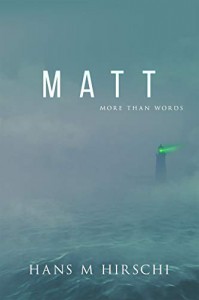


 4
4
